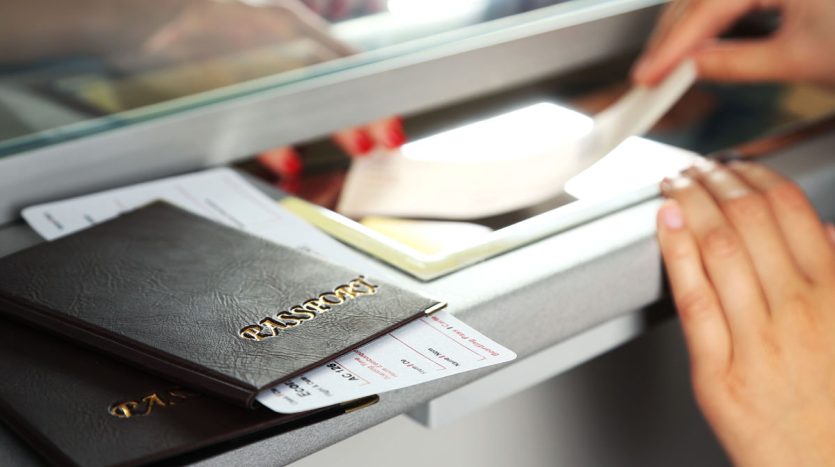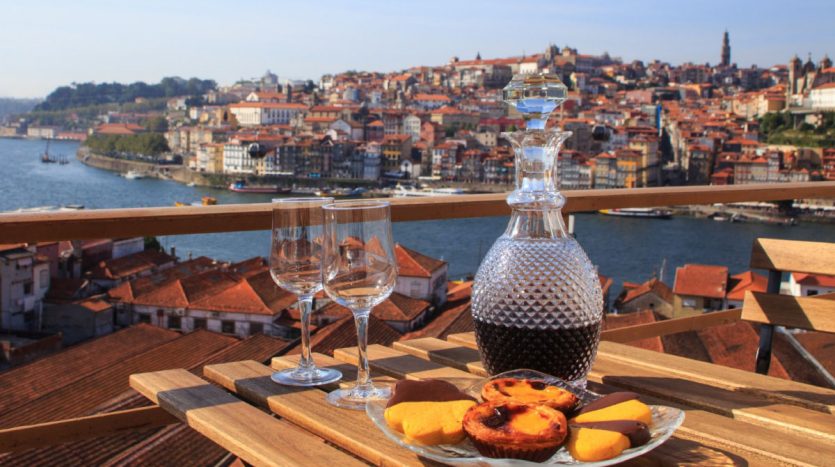D7 Visas gained new prominence after the closure of the Gold Visa program . This alternative has been attracting attention, both from foreigners who want to live in Portugal, as well as from retirees and investors in the real estate sector .
In this article, you will find out all the information about D7 Visas, including who they are for, how they are obtained, the conditions and associated costs.
What are D7 Visas?
D7 Visas are residence visas granted by the Portuguese State that allow foreign citizens (who are not residents of the European Union (EU), the European Economic Area (EEA) or Switzerland) to reside in Portugal.
In 2007, the Portuguese Government created the D7 Visas to attract retirees and people who live on a fixed passive income. The objective is for these citizens to be able to enjoy the advantages of living in our country while contributing to the growth of the economy.
This possibility quickly aroused the interest of retired foreign citizens, but also of other people with the desire to live in Portugal and invest in luxury real estate, for example.
Who are D7 Visas for?
D7 Visas are not just restricted to a specific group, they are available to all people who meet certain requirements. Although they appeal more to retired citizens, they are not limited in terms of age group.
Therefore, D7 Visas attract a huge diversity of people, with their own income , who are interested in living and investing in Portugal. They can be elderly citizens who receive a fixed pension , or younger people, who have their own income, from renting property or financial investments, for example.
Suggested reading: Living in Portugal: The ideal option for your retirement
What is needed to access D7 Visas and where can they be applied for?
Requests for D7 Visas are always made in the citizens’ country of origin (outside the EU, EEA or Switzerland). The documents required to apply for these visas are:
- Visa application form;
- Passport or other travel document;
- Updated photographs;
- Travel insurance that covers medical expenses;
- Document proving the amount of funds (or proof that you have income that allows you to subsist in Portugal);
- Certificate of criminal record from the country of origin (or of residence for more than a year);
- Request to consult the Portuguese criminal record by the Foreigners and Borders Service (SEF);
- Accommodation conditions in Portugal;
- Proof of the existence of means of subsistence.
What is the cost of obtaining D7 Visas and how long does the process take?
The application fee is €90 and the process is generally completed in less than 2 months. Later, issuing a permanent residence permit costs €222.
What is the minimum income required to obtain this visa?
This value varies depending on the number of people in the household. The income obtained by an adult must correspond to at least 100% of the minimum wage in Portugal. A second adult will add 50% of this amount. Each child, up to 18 years of age, represents an increase of 30% of the same value.
For example, for a family of 2 adults and 1 child, it would be necessary to earn a minimum fixed monthly income of around €1,400.
It is also mandatory to have, in a Portuguese bank account , the entire amount of funds sufficient for 1 year. In other words, in the example given above, it would be necessary to have a total of approximately €17,000 in this account to be able to apply for D7 Visas.
What are the main advantages of D7 Visas?
In addition to allowing you to live, work and study in Portugal , D7 Visas offer many advantages:
- Tax benefits for “Non-Habitual Residents”;
- Free movement within the Schengen Area;
- Access to the Portuguese National Health System, which is, in many situations, free;
- Freedom and ease in investing in Portuguese real estate, which is on the rise.
Suggested reading: Buying a house in Portugal: What most attracts investors?
Is it necessary to renew D7 Visas?
Yes, D7 Visas can be renewed one year after first issuance. After this first renewal, the next two will be required every two years. After five years, you already have the right to permanent residence , and it is no longer necessary to renew.
The focus on real estate investments has been growing in Portugal, which could lead to increased interest in D7 Visas among foreign citizens.
To keep up to date with trends in this sector, visit the DS PRIVATE blog. There, you will find more articles about tips and news from a group with extensive experience in the luxury real estate market .




